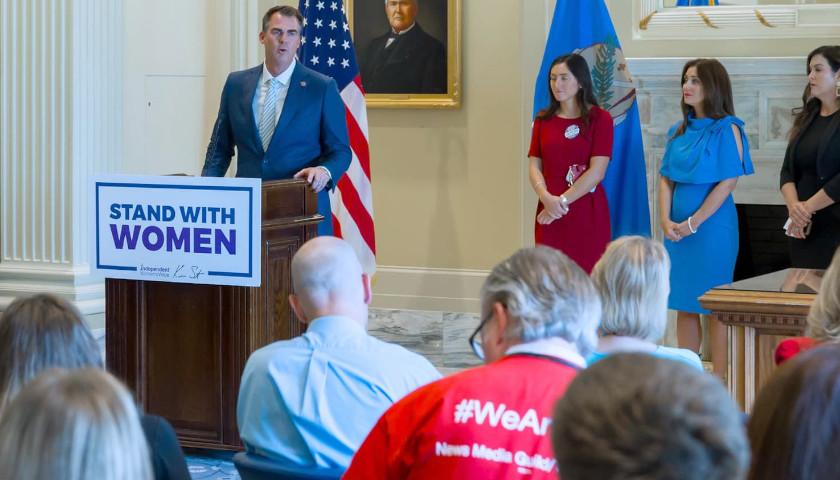A wealth of research suggests that the billions of dollars corporate America, academia and government agencies have spent on diversity training have done little to impact people’s behavior.
What impact diversity trainings do have is often short-lived or purely influences beliefs without impacting actions, according to a review of multiple meta-analyses, a type of research that summarizes the results of hundreds of studies. American businesses alone spend roughly $8 billion a year on the same diversity trainings research suggests are ineffective, according to the Harvard Business Review.
Read More



